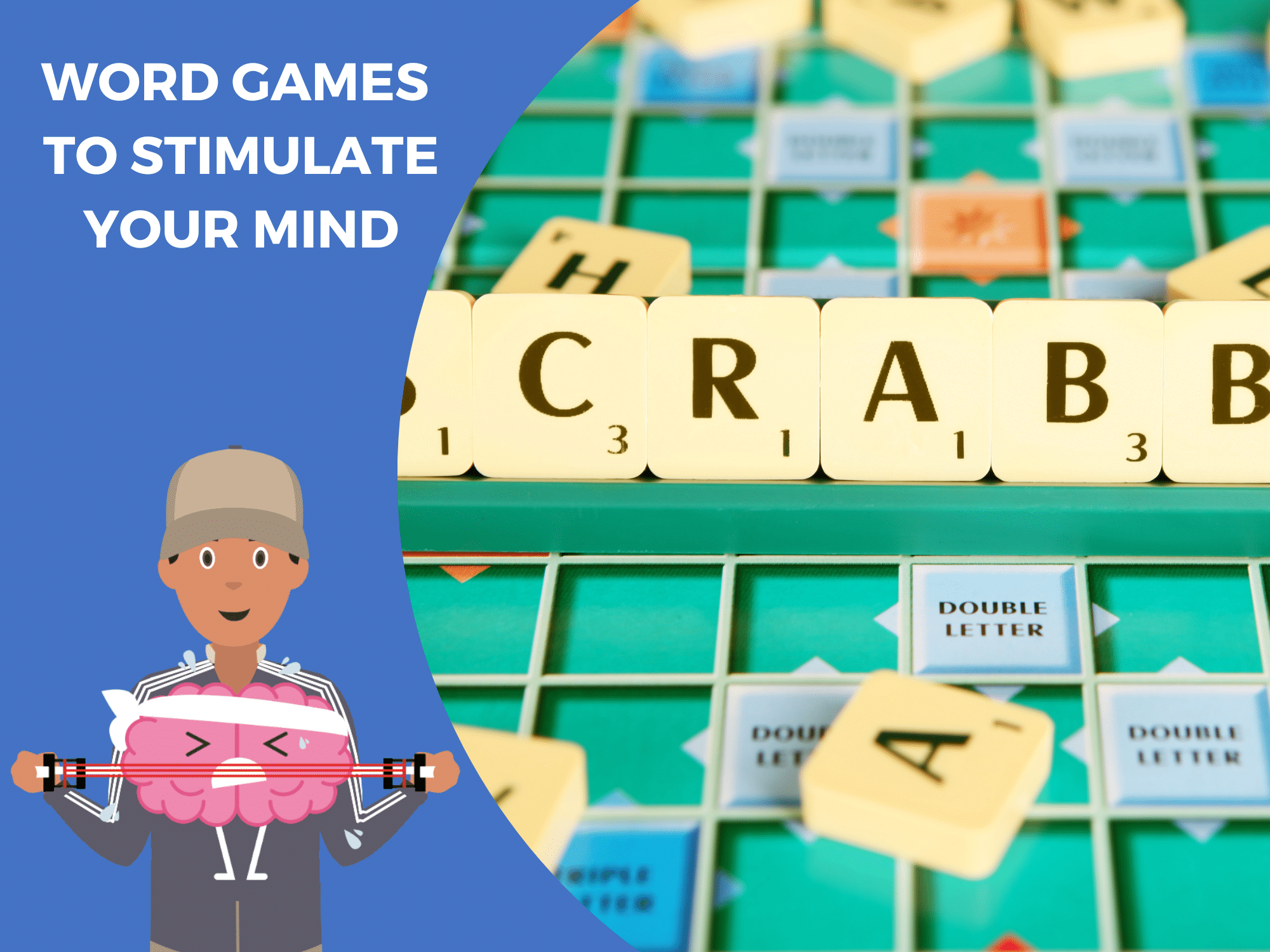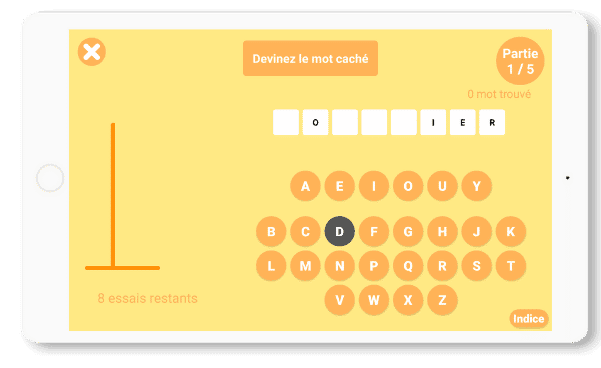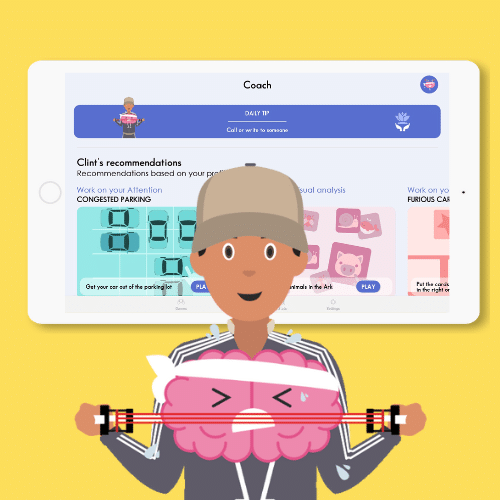Speech therapy is a specialized field that aims to improve patients’ communication and cognitive skills. Among the many approaches used in speech therapy, play activities are particularly effective in stimulating patients’ memory. In this article, we’ll explore the importance of play activities in memory rehabilitation and present different methods and games used by speech therapists. Whether you’re a healthcare professional or a caregiver, you’ll find useful tips to support patients on their rehabilitation journey.
Memory is an essential cognitive function that plays a crucial role in our daily lives. For patients undergoing speech therapy, who may have memory problems as a result of stroke, brain injury or other conditions, it is vital to stimulate this function to improve their quality of life. Fun activities offer an engaging and enjoyable approach to memory training, enabling patients to make progress while having fun.

The benefits of fun activities for the memory
There are many advantages to using play activities in speech therapy. First and foremost, games enable patients to be actively involved in their rehabilitation process, thus fostering their motivation and participation. What’s more, playful activities offer a less stressful environment that’s more conducive to learning, which can help patients feel more comfortable and confident in their abilities.
Play activities can also be used to work on different dimensions of memory, such as short-term memory, long-term memory, visual memory and verbal memory. By adapting the games to the specific needs of each patient, speech therapists can target those areas of memory that require particular re-education.
Memory rehabilitation methods and games
1. Visual memory games
Visual memory games are often used in speech therapy to stimulate patients’ ability to recall visual information. These games generally involve presenting a series of images or symbols for a short period of time, then asking patients to recall and identify the elements they have seen. For example, the pairs game involves turning over cards to find pairs of identical images. This helps to improve short-term memory and concentration.
In addition to pair games, there are other fun activities for visual memory. For example, the scene memorization game involves presenting a complex scene to patients for a short time, then asking them to recall specific details of the scene. This can be done using illustrated maps or even images projected on a screen.
2. Verbal memory games
Verbal memory games focus on patients’ ability to recall verbal information, such as words, phrases or stories. These games can include activities like crossword puzzles, where patients have to remember key words to complete the grids, or word association games, where they have to find links between different words.
Another interesting activity for verbal memory is the word sequence game. In this game, patients are given a word and then asked to say another word that begins with the last letter of the previous word. This stimulates short-term memory and cognitive flexibility.

3. Spatial memory games
Spatial memory games aim to improve patients’ ability to remember information about space and spatial relationships. These games often include the geographic memory game, where patients have to remember the location of different countries or cities on a map. This helps develop visual-spatial memory and planning skills.
Play activities offer an effective and enjoyable approach to stimulating the memory of speech therapy patients. Visual, verbal and spatial memory games are invaluable tools for improving patients’ memory skills. Whether you’re a healthcare professional or a caregiver, don’t hesitate to incorporate these playful activities into your memory rehabilitation for encouraging results. The key is to adapt to the needs and preferences of each patient, while maintaining an encouraging and motivating environment. By combining the specialist knowledge of speech therapists with adapted play activities, we can help patients regain a stronger memory and improve their quality of life.
4. Joe, your brain coach
Joe is a cognitive and cultural games application. With over 30 games already available, players can use their language, organization and other cognitive functions. Joe goes everywhere with you, because the application doesn’t need Wi-Fi to work (wifi is only required for updates).
Brainstorming
Put the words in the right order to find the proverb.
With this game, you’re mainly stimulating language.
The person has to read and understand the words, then analyze them in context and mentally associate them with other words: with this process, you stimulate syntax.
Once all the words have been understood, the person must try to put them in the right order to organize the sentence correctly.
The game also stimulates other functions, such as finger mobility (sliding words into place), mental imagery (visualizing the order of words in the mind) and memory (if the person knows and remembers the proverb).
Lost Poem
Find and replace the missing words in the poem.
With this game, you can stimulate different cognitive functions.
First of all, you’re stimulating incoming language, because the person has to read the proposed poem and understand it.
Next, the same poem is proposed again, but with missing words: in this phase of the game, you stimulate immediate memory and semantic memory at the same time.
To find the missing words, memory is very important, but the person has to find the words in their vocabulary to express it.
The Hanged Man
Find the hidden word using the letters available in the classic hangman game.
This game is simple in concept, but very useful for language stimulation.
The person must use semantic memory to think of words of the same length and with the same letters as the word to be found.
To test her hypothesis, she has to select the letters present and use the feedback to confirm or change her hypothesis.

CLINT, YOUR BRAIN COACH
Your CLINT brain coach offers you more than 30 cognitive games and personalized advice to carry out your post-cancer cognitive rehabilitation from your smartphone, installed on your sofa. You will also have the possibility to make an appointment with a memory coach for an online session in video.

Other articles that might interest you:
How Parents Can Contribute to Teacher Training
As we delve into the realm of education, it becomes increasingly clear that teacher training is not merely a...
Differentiated Instruction Approaches: Training and Practical Application
Differentiated instruction is a pedagogical approach that recognizes the diverse needs of students in a classroom. It...
Key Skills Teachers Need to Support Students with Special Needs
As we embark on our journey to support children with special needs, it is essential for us to cultivate a deep...







